There is a lot of literature about not kissing newborns. What are your thoughts on this? How long should that rule be respected, and does it apply to primary caregivers or all who interact with the newborn?
—Peter
The primary reason not to kiss newborns, especially on their faces, is the concern about spreading illness. A lot of viruses are spread easily through saliva. If I am sick and I kiss a baby’s face, that gives a virus the very best chance to get in.
The reason we especially worry about newborns (as opposed to, say, toddlers) is both that they are more susceptible to illnesses and that the medical system reacts more strongly when they get sick. In many cases, any infant under 6 weeks with a fever will need to have a spinal tap to check for infection. These are safe and common but also terrifying for parents. So keeping your newborn more isolated for these early weeks, if possible, is a good idea.
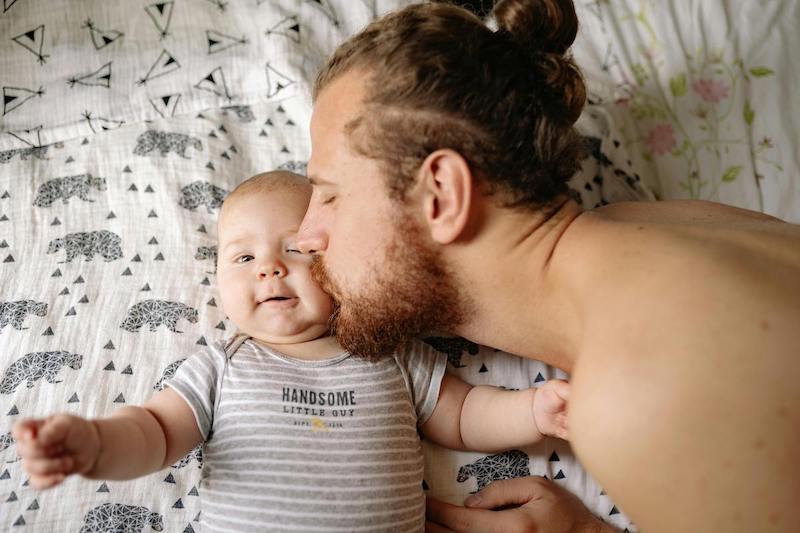
It’s not just kissing — it’s generally keeping the baby away from people — but because kissing is such a good way to spread germs (and because it’s not required), it rises to the top. Kissing can spread not only respiratory diseases, but also the herpes virus.
To answer your specific questions: This very vulnerable period is the first six to eight weeks. After that, the medical reaction to a fever is less, and the risks are lower. As to whom, the primary caregiver has so much contact with the infant that it can be a challenge to limit germ exposure. Your best bet may be to try to avoid getting that person sick. This kissing avoidance is most easily done and most useful with other people, especially small children.
Community Guidelines















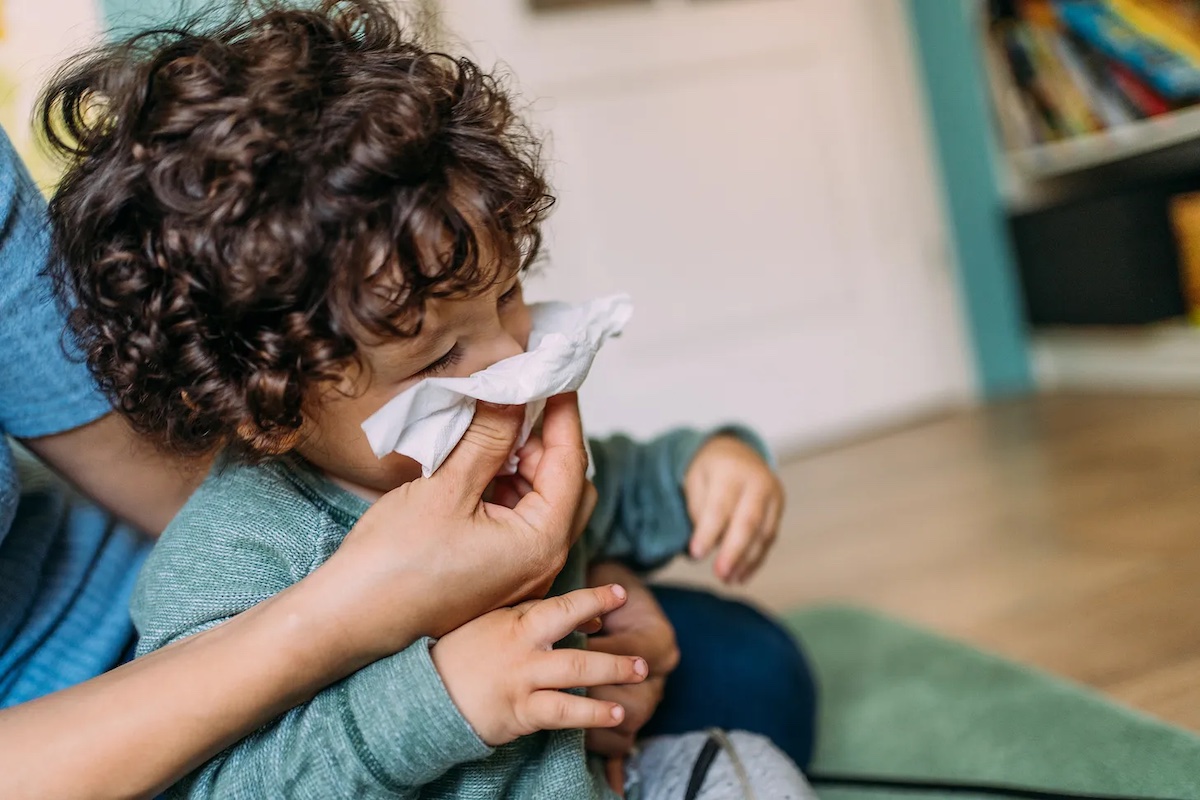
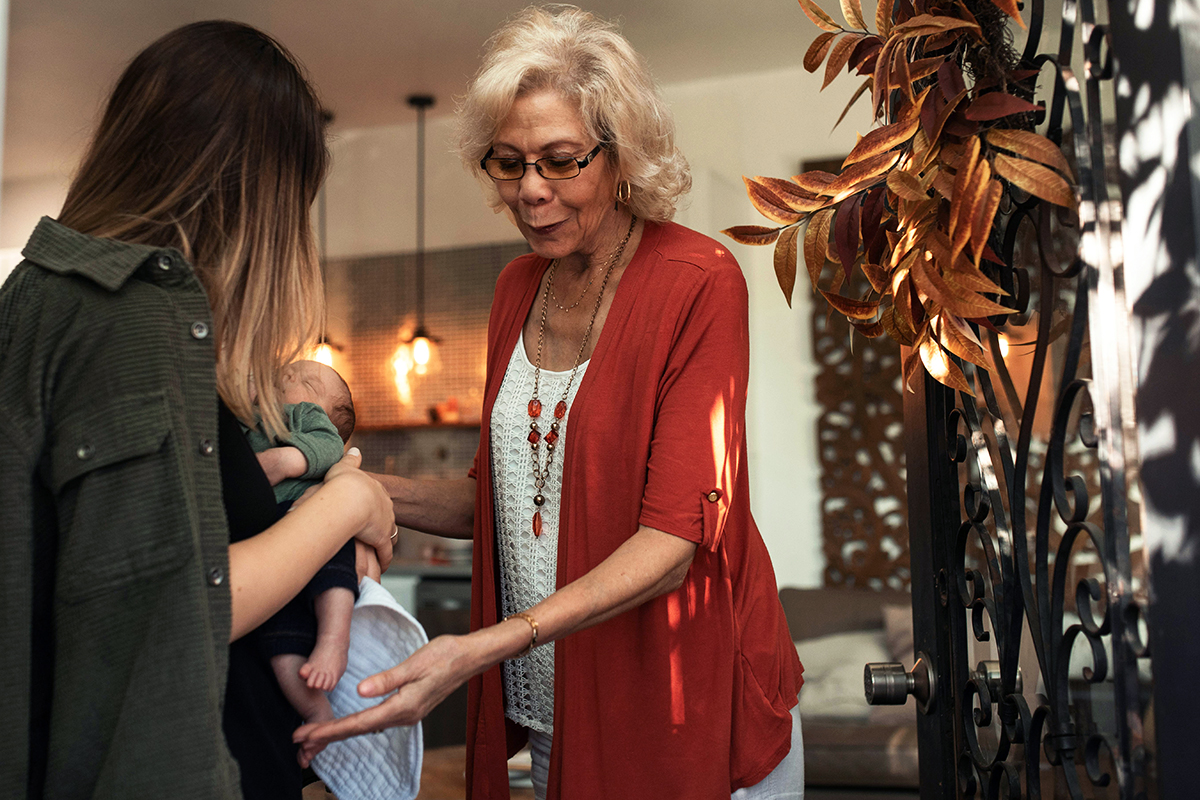
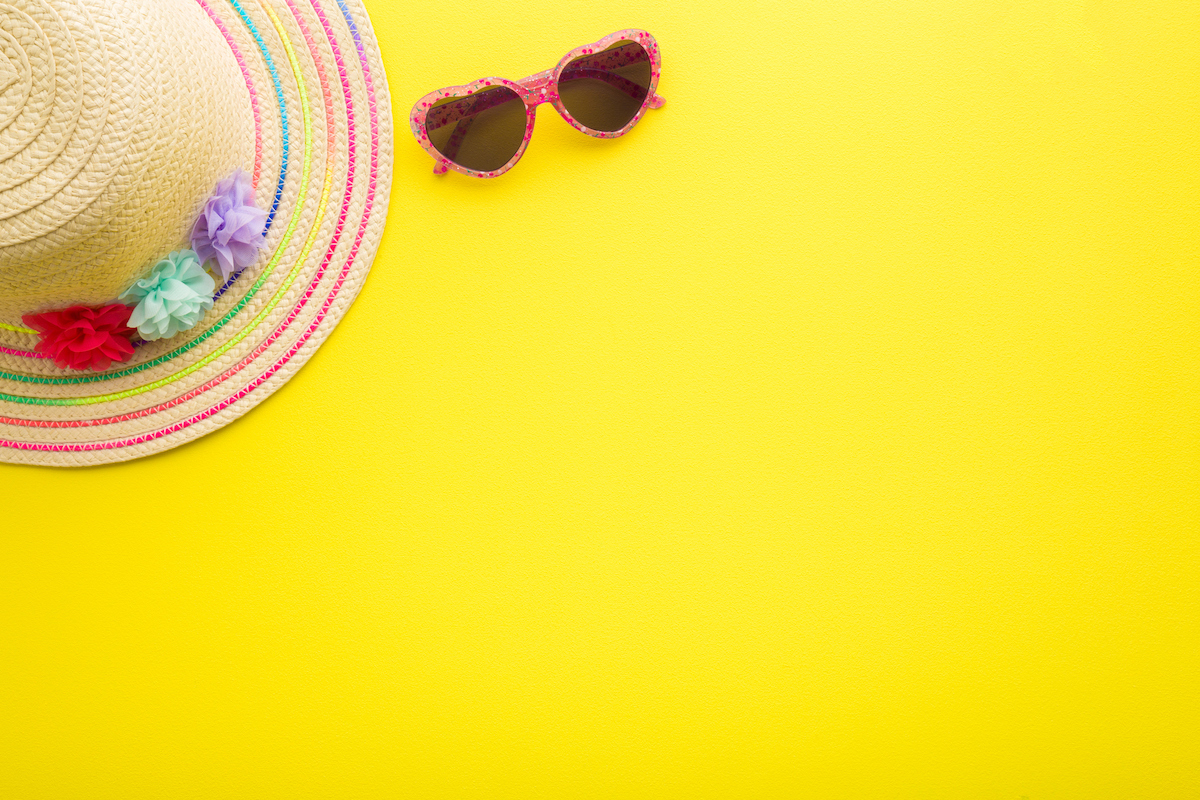
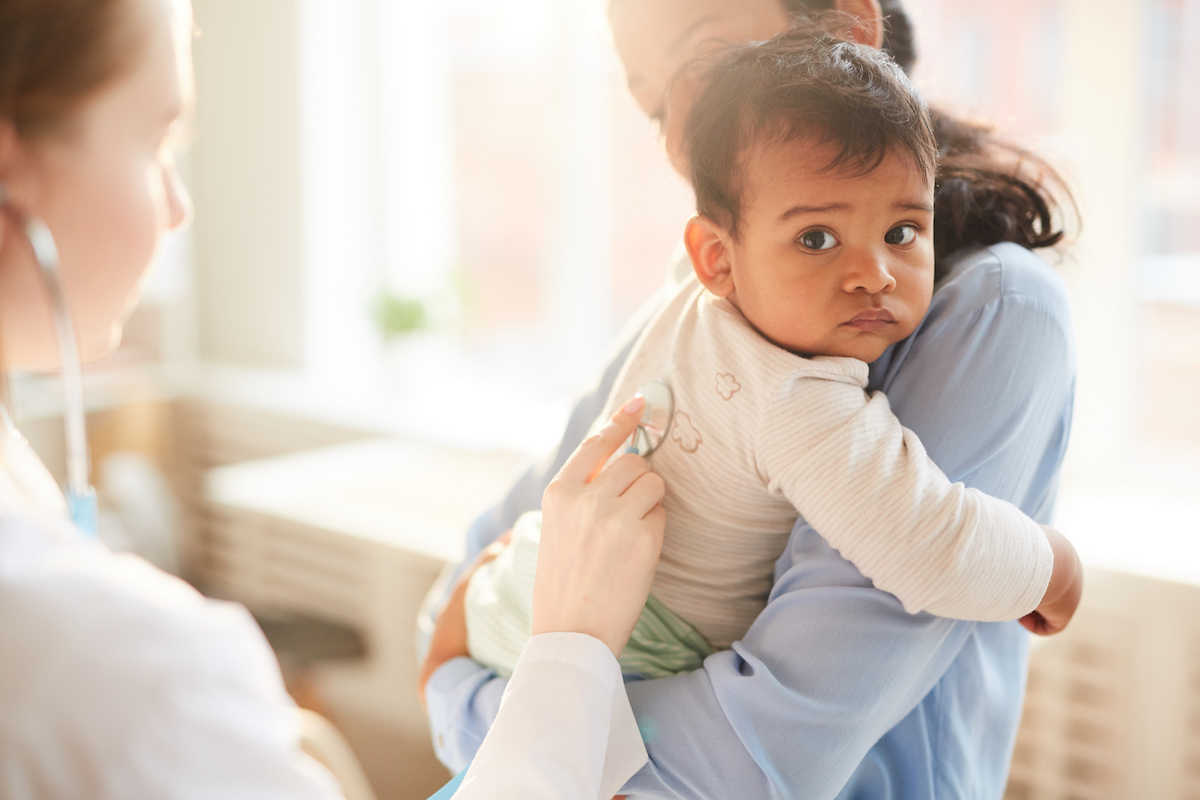

Log in
Would love some citations that back up your perspective. I agree – it seems like common sense – but I have parents who think I’m stupid for wanting them to wash their hands. Would love to send them science with stats that show that the risk with newborns is severe.
What about breastfeeding mothers who, when ill, pass antibodies to their babies through breast milk? Would the ‘no kissing rule’ still apply to them? This seems like an important caveat, to say the least.
this may be a silly question it what about mom and dad? Is it safe for my husband and I to kiss our newborn on the face? Or just me? Assuming I’m still breastfeeding, will the baby get sufficient antibodies for anything I might be carrying? Or safer for mom and dad also not to get “in their face”?